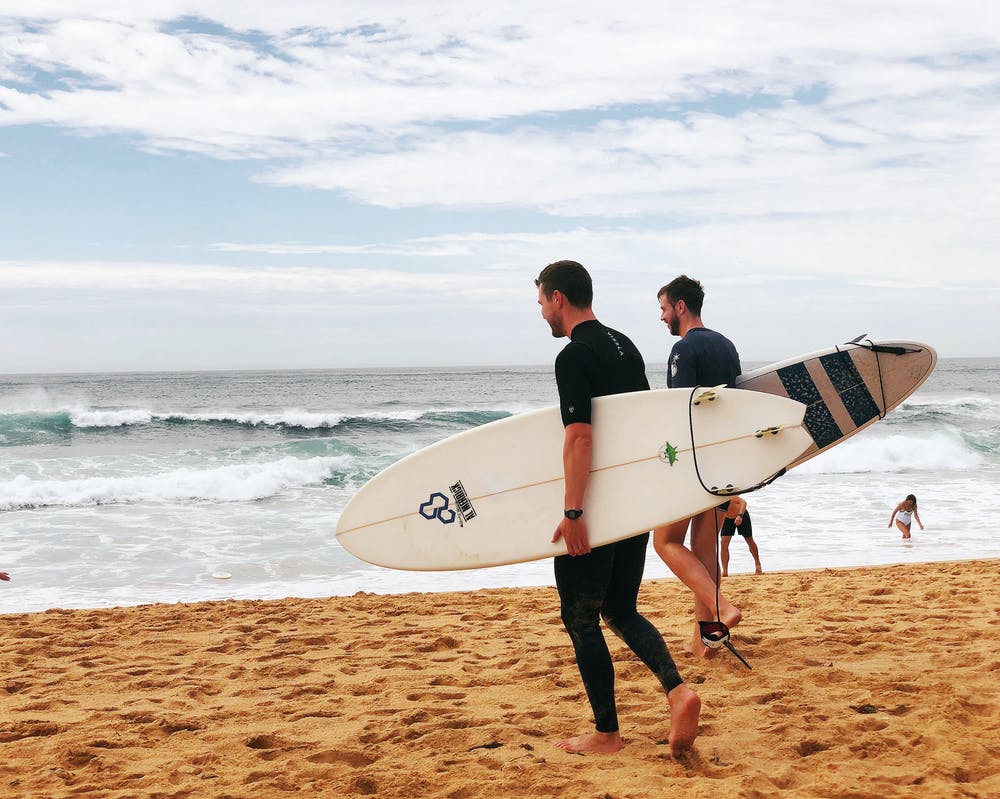Surfing is a popular water sport enjoyed by many around the world. However, it’s also a sport that can be challenging to learn. As a result, surf instructors play a critical role in helping beginners to develop their skills and become competent surfers.
Unfortunately, like any profession, surf instructors can make mistakes that hinder their students’ progress and, in some cases, even be dangerous. In this article, we will discuss five mistakes surf instructors should avoid to ensure their student’s safety and success in learning to surf.
Table of Contents
The Worst Mistakes
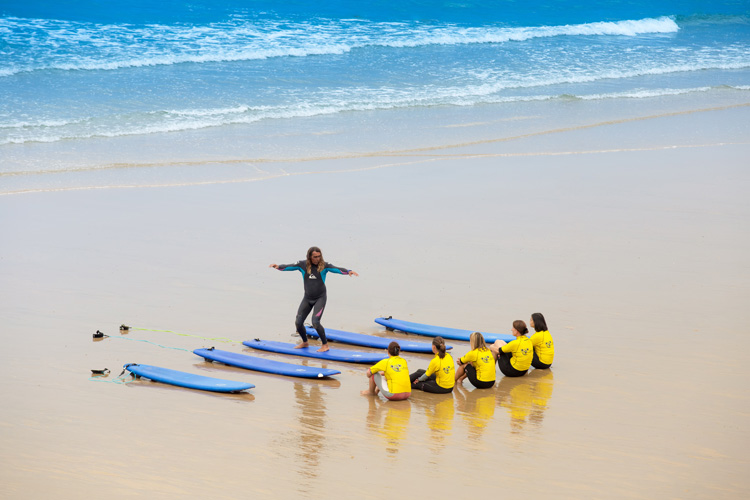
Neglecting Safety
The safety of students should always be the top priority for surf instructors. Surfing can be dangerous, and instructors must ensure that their students are well-equipped with the right gear and are familiar with safety protocols before they even hit the waves.
This includes providing students wear appropriate wetsuits, life jackets, and surfboards and checking the weather and surf conditions to determine whether surfing is safe. Instructors should also teach students basic safety protocols, such as handling wipeouts, identifying riptides, and communicating with other surfers.
Being Unprepared
Surf instructors should always be well-prepared for each lesson. This includes having a clear lesson plan tailored to their student’s skill level and experience. Instructors should also be knowledgeable about the local surf culture, including the rules and etiquette of the surf spot. Additionally, instructors should be prepared to adjust their lesson plans depending on the day’s conditions, such as changing waves, weather, or student performance.
Focusing Too Much on Theory

While it’s essential to teach students the basic principles of surfing, instructors should be able to handle the theoretical information. In addition, students learn best through experience, so instructors should encourage students to spend more time in the water, practicing and gaining confidence. Instructors should also be patient and supportive, giving students the time and space to develop their skills.
Pushing Students Too Hard
Every student learns at their own pace, and surf instructors should avoid pushing their students too hard or fast. Overexertion and fatigue can lead to injuries, so instructors must be mindful of their students’ physical limitations. Instructors should also be aware of their student’s mental and emotional state and adapt their teaching style to encourage and motivate them rather than discourage them.
Not Giving Enough Personal Attention
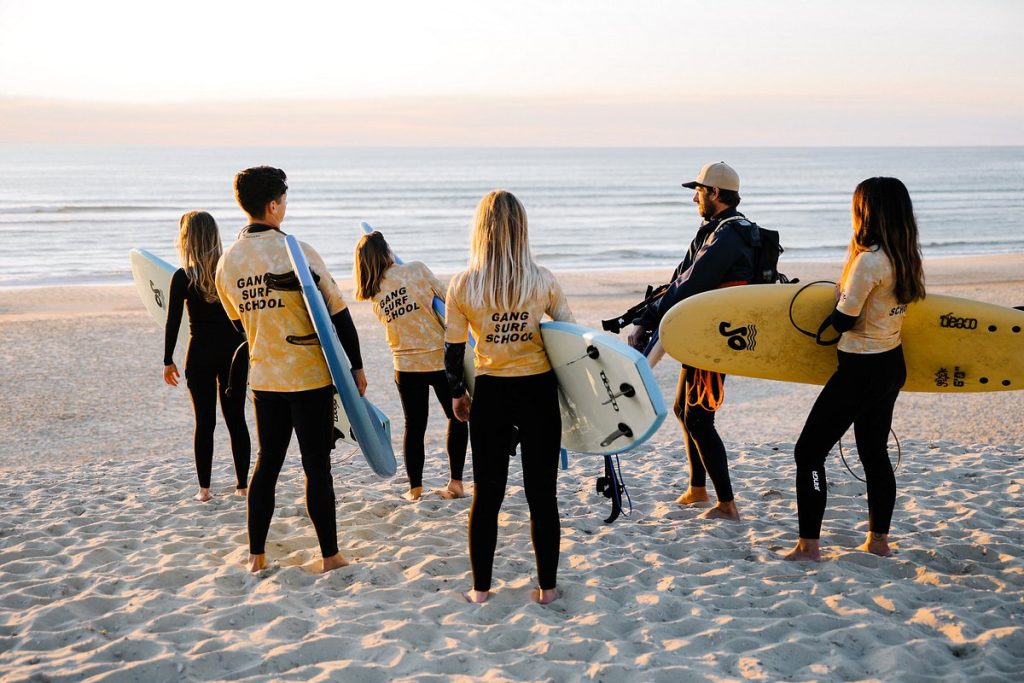
Surf instructors should strive to give each student enough personal attention to help them develop their skills. Instructors should be available to answer questions, provide feedback, and demonstrate techniques and maneuvers. Ignoring or neglecting individual needs can lead to frustration and slow progress. Additionally, instructors should be observant and able to identify areas where students need extra help, such as balance or paddling technique.
Lack of Communication
Effective communication is key to successful surfing lessons. Surf instructors must be able to convey instructions and feedback to their students. This includes using simple and easy-to-understand language and avoiding technical jargon. Instructors should also listen actively to their students’ questions and concerns and provide helpful and informative responses.
Inflexibility
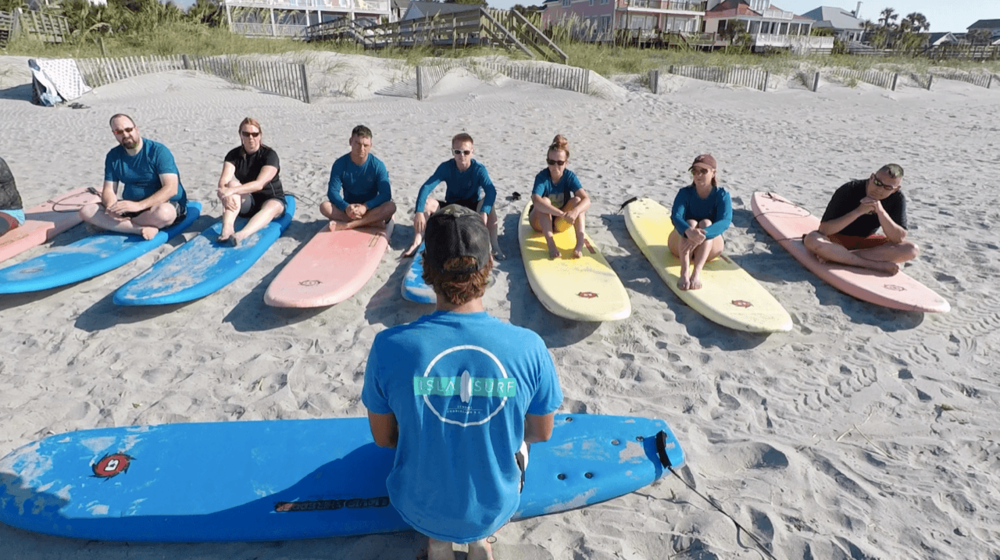
Surf instructors should be flexible and adaptable to the needs of their students. This means adjusting their lesson plan and teaching style based on each student’s individual abilities and progress. Instructors should also be able to adjust to changing weather and surf conditions and be prepared to modify the lesson plan accordingly.
Lack of Patience
Learning how to surf can be a frustrating experience, and students may progress slower than they would like. Surf instructors must have patience and be able to provide positive reinforcement and encouragement to their students, especially when they are struggling. Instructors should be able to recognize small achievements and build on them to help their students gain confidence and improve their skills.
Lack of Professionalism

Surf instructors should maintain high professionalism in their conduct and behavior. This includes punctuality, reliability, respect for their students, and adherence to safety protocols and local surf culture. Instructors should also avoid inappropriate behavior, such as flirting with students or showing favoritism.
Inadequate Training
Surf instructors must have adequate training and experience to ensure that they can provide safe and effective lessons. This includes having certification from recognized surf associations and extensive experience in surfing and teaching. Instructors should also continue to improve their skills and knowledge through ongoing training and education.
Conclusion
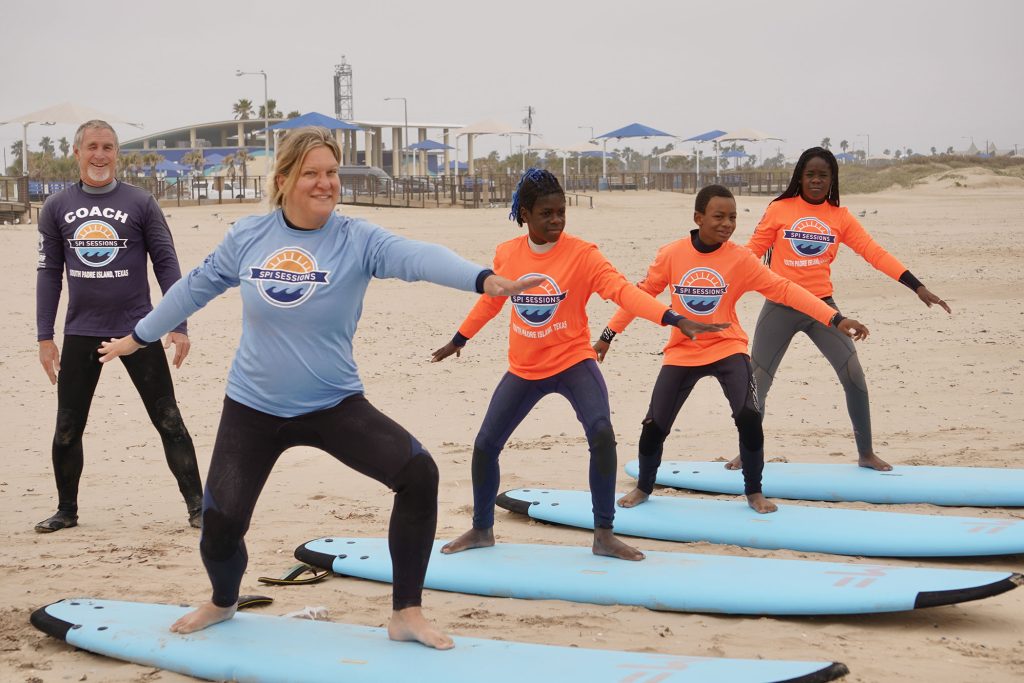
In conclusion, surf instructors are crucial in helping beginners learn how to surf and develop their skills. However, as with any profession, there are certain mistakes that instructors should avoid to ensure their student’s safety and success. Instructors should avoid some key errors, that are neglecting safety, being unprepared, focusing too much on theory, pushing students too hard, and not giving enough personal attention.
Additionally, lack of communication, inflexibility, lack of patience, lack of professionalism, and inadequate training can also hinder the effectiveness of surf instruction. By being aware of these mistakes and striving to avoid them, surf instructors can provide safe, effective, and enjoyable lessons for their students, helping them become competent surfers and fostering a lifelong love for the sport.



